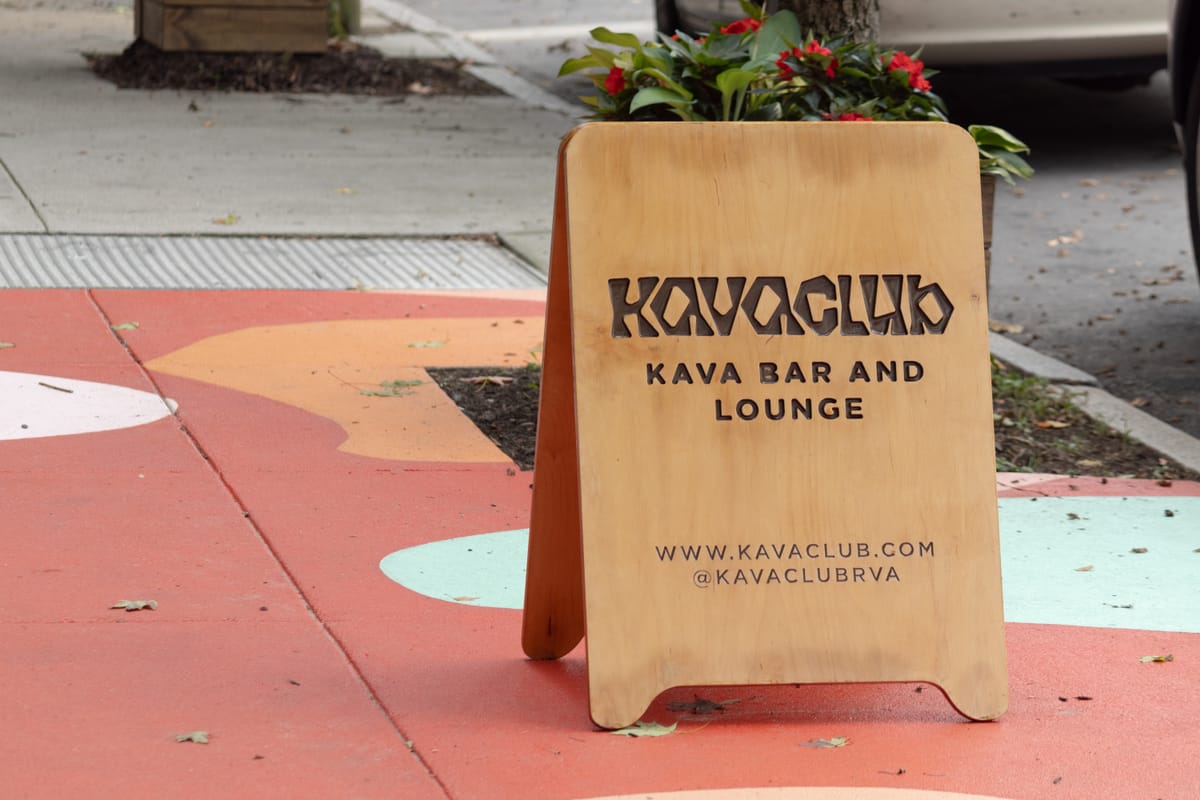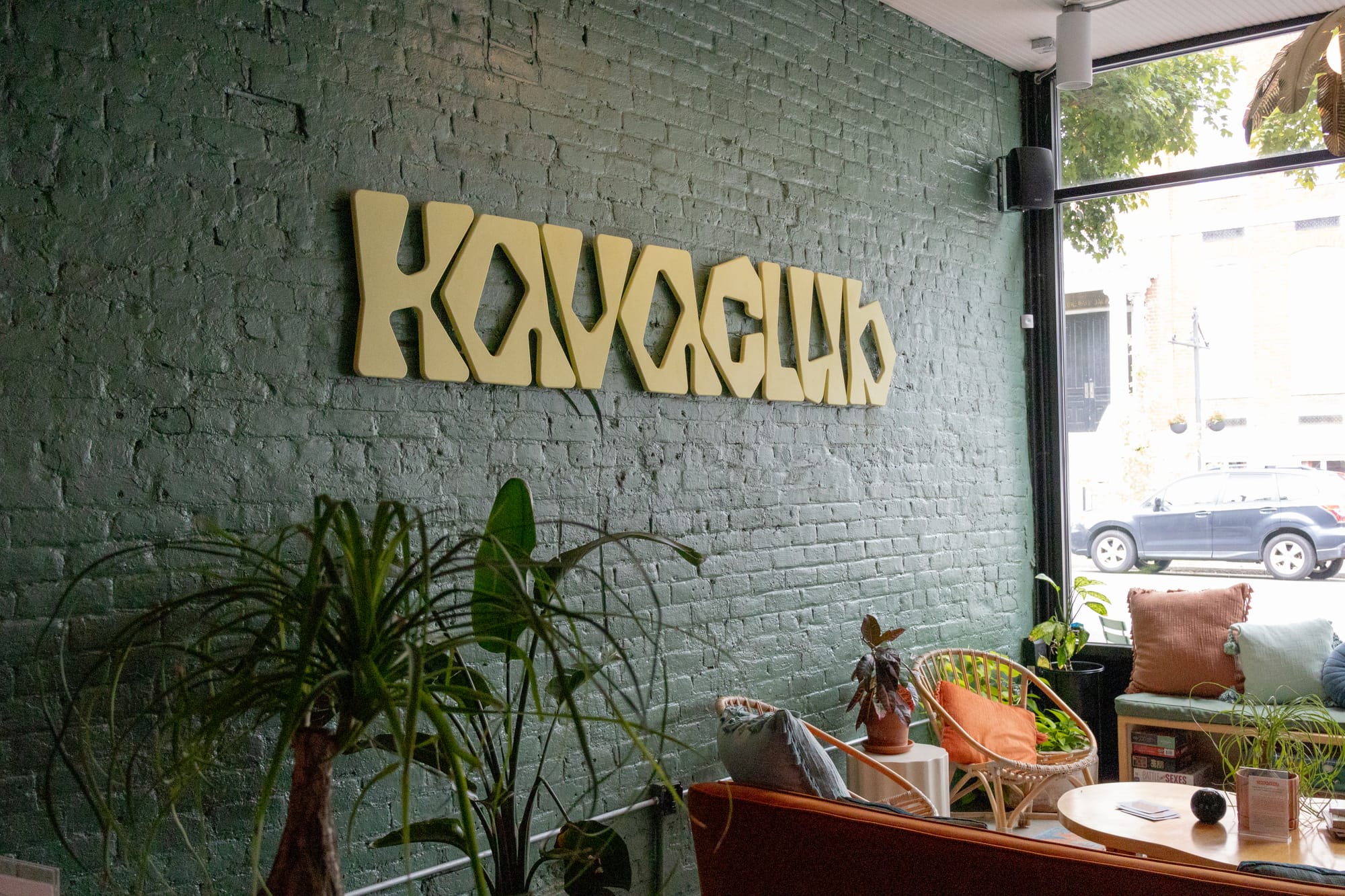KavaClub's troubles continue, but sobriety group says it supports the business

A recent legal scuffle with the Virginia Department of Health leaves the future of Virginia’s first and only kava bar uncertain.
Kavaclub, located near VCU’s Monroe Park campus at 1529 W. Main St., opened its doors earlier this year following a challenging legal process.
The bar was allowed to serve its namesake beverage after entering into a consent order with the VDH in March. This came after being allowed to serve only mocktails and kombucha for several weeks.
The consent order prohibits Kavaclub from serving kava to anyone under 21 years of age, serving kava with any ingredients added other than water, and presenting kava as an alternative to alcohol. It also requires Kavaclub to submit a sample of its sourced ground kava for testing every six months and report the result to the VDH.
However, KavaClub received a cease and desist letter from the VDH at the end of August stating that the terms of the consent order had potentially been violated.
A sobriety group for music fans called "Riffs and Recovery" held several meetings at Kavaclub in August because its usual venue, Gallery 5, was undergoing stage renovations, according to Aspen DeRosa, one of the group’s founders.
The letter from the VDH stated that “it would be reasonable for individuals attending this event to presume that a group meeting regarding sobriety would not include the availability of substances that might jeopardize one’s ongoing sobriety," citing the requirement that KavaClub not market kava "as a food or beverage that will help any person stay sober."
DeRosa told The Richmonder he does not think the VDH should be deciding what could cause recovering individuals to be at risk of relapse.
“As someone with almost 4 years of sobriety, I value KavaClub as a sober space and option for people in recovery,” DeRosa said by email. “If KavaClub hadn't offered us their space, our meeting would have needed to stop for 3 weeks, and I think that would be more of a risk to people's sobriety.”

Kavaclub owner Fred Bryant said he worries what the alternatives are for groups of people trying to stay sober.
“A lot of these groups meet in alcohol-centered bars because coffee shops are too small, and there’s no real alcohol-free third spaces that you can get for free,” Bryant said.
While there are no federal regulations regarding kava as a food or dietary supplement, it is not considered generally recognized as safe, nor is it allowed to be used as a food additive.
The beverage, created by steeping ground kava root in water, is enjoyed due to its reported calming and anxiety-reducing effects.
In its letter, the VDH refers to the drink as “psychoactive,” a word also used to describe kava by an article from the National Library of Medicine.
“Coffee or hot chocolate is also psychoactive,” Bryant said in response.
He believes the latest letter represents an example of government overreach.
“The Youngkin Administration Department of Health has chosen to be just willfully ignorant of the laws,” Bryant said. “As Governor Youngkin’s Chief of Staff (John Littel) said to me, you make him look stupid, this is what you get.”
The Governor's office, through a spokesperson, denied that Littel made that comment.
"This is one of many fabrications by Mr. Bryant, and due to his treatment of Department of Health and other executive branch employees, the Office of the Attorney General advised all staff to refer any communication from Mr. Bryant to their attorneys," the spokesperson wrote. "He was notified of this protocol as well."
As of this weekend, KavaClub remained open.






